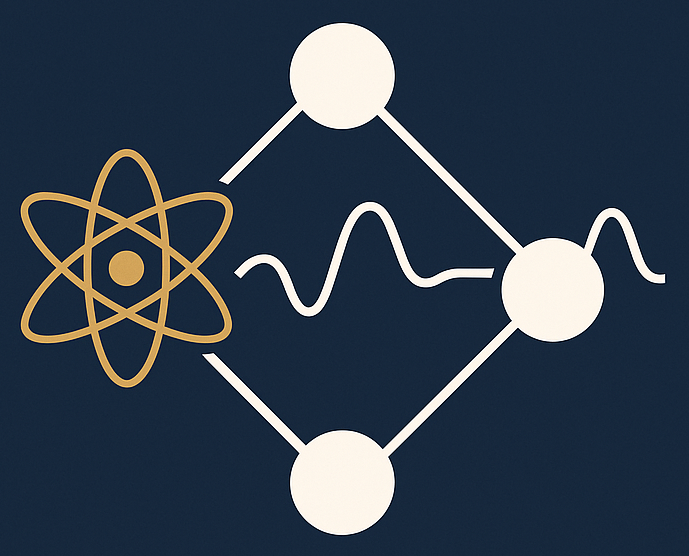21. Machine Learning#
Machine learning (ML) is the study of computer algorithms that can improve automatically through experience and by the use of data. … A subset of machine learning is closely related to computational statistics, which focuses on making predictions using computers; but not all machine learning is statistical learning. … Machine learning and statistics are closely related fields in terms of methods, but distinct in their principal goal: statistics draws population inferences from a sample, while machine learning finds generalizable predictive patterns.
—Wikipedia article on Machine Learning
Machine learning (ML) is a type of artificial intelligence (AI) that allows software applications to become more accurate at predicting outcomes without being explicitly programmed to do so. Machine learning algorithms use historical data as input to predict new output values.
—Ed Burns, TechTarget
Machine learning is a large topic that we define from a Bayesian perspective as methods that provide probability distributions over functions trained on data (defined broadly). We will be selective in our coverage, focusing on the Bayesian aspects. The chapters here are:
Overview of Gaussian processes (or GPs)
Machine learning: Overview, which has a general overview of machine learning and artificial neural networks (ANNs), with demonstration notebooks. Also included is an introduction to a non-empirical, field-theory-based treatment of ANNs that expands around the large-width limit of networks.
Bayesian neural networks (or BNNs) build on a probabilistic interpretation of ANNs.
*Convolutional Neural Networks (or CNNs)
